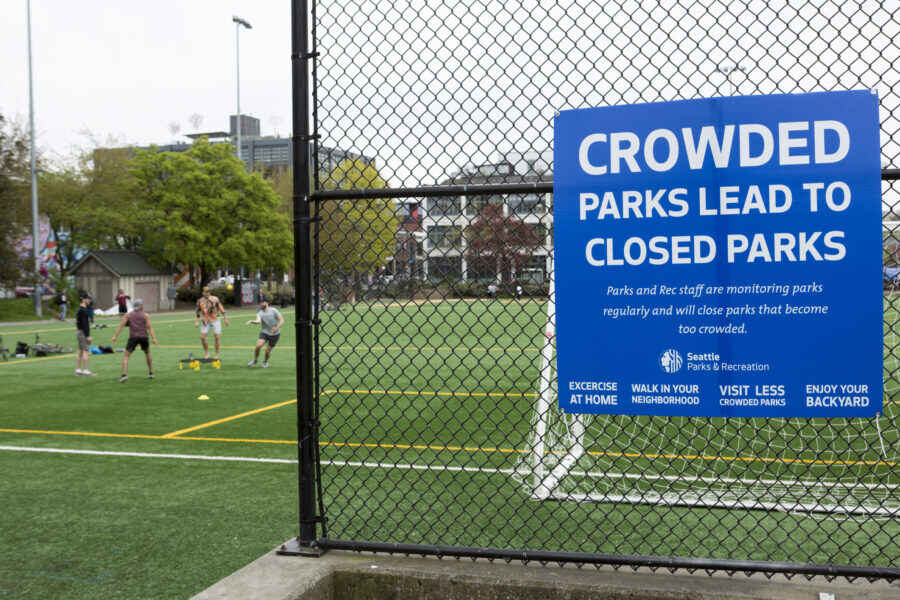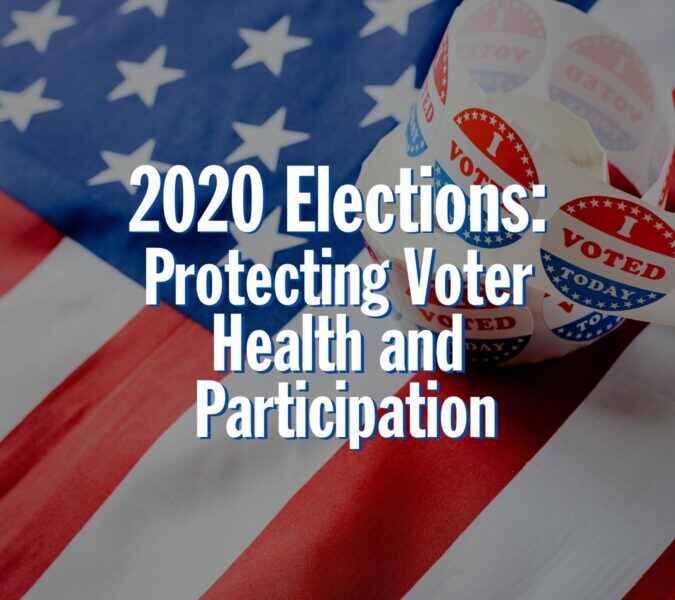
Meeting the Unprecedented Law and Policy Challenges of COVID-19
Impact StoriesCOVID-19Public health agencies, health care workers, emergency managers, and policymakers are grappling with core legal preparedness and response efforts to mitigate the impact of the coronavirus pandemic in the United States. Communities are reeling from COVID-19 on so many levels—from needing to increase or reallocate health care resources, to protecting the safety of front line and essential workers, to addressing the health and economic structural inequities the pandemic has laid bare. Never has there been such an urgent need for government, business, health care and other sectors to ensure their laws and policies protect the health of our communities.











